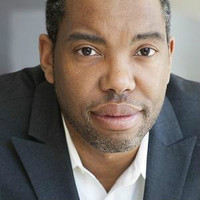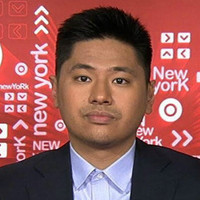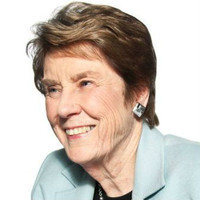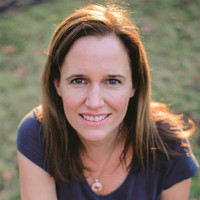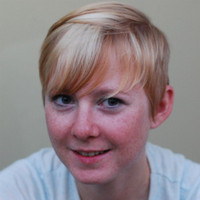Ta-Nehisi Coates is the author of Between the World and Me and a national correspondent for The Atlantic. His latest cover story is “My President Was Black."
“[People] have come to see me as somebody with answers, but I don’t actually have answers. I’ve never had answers. The questions are the enthralling thing for me. Not necessarily at the end of the thing getting somewhere that’s complete—it’s the asking and repeated asking. I don’t know how that happened, but I felt like after a while it got to the point where I was seen as having unique answers, and I just didn’t. I really, really didn’t.”
Thanks to MailChimp, Casper, and Audible for sponsoring this week's episode.
